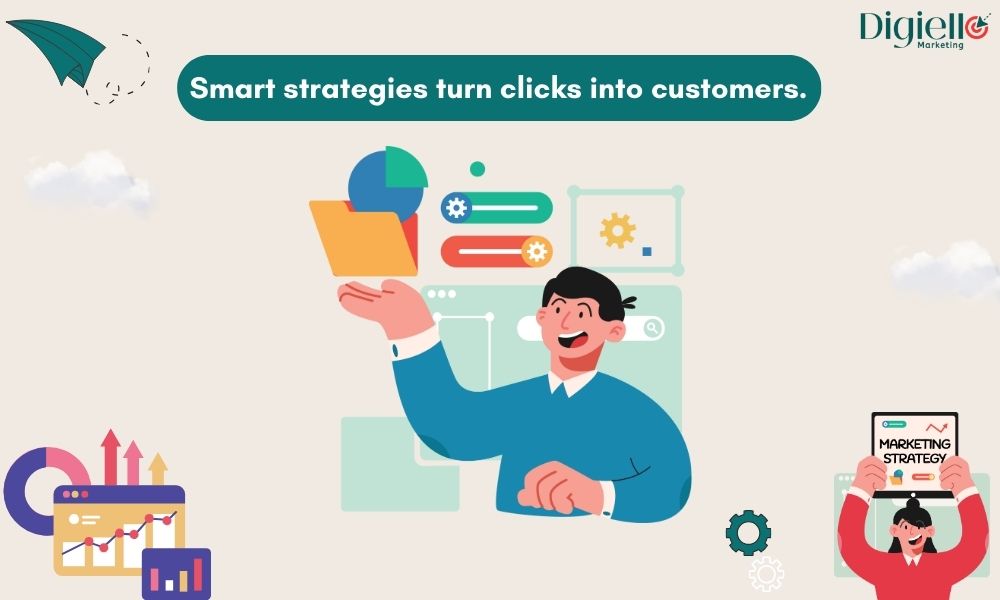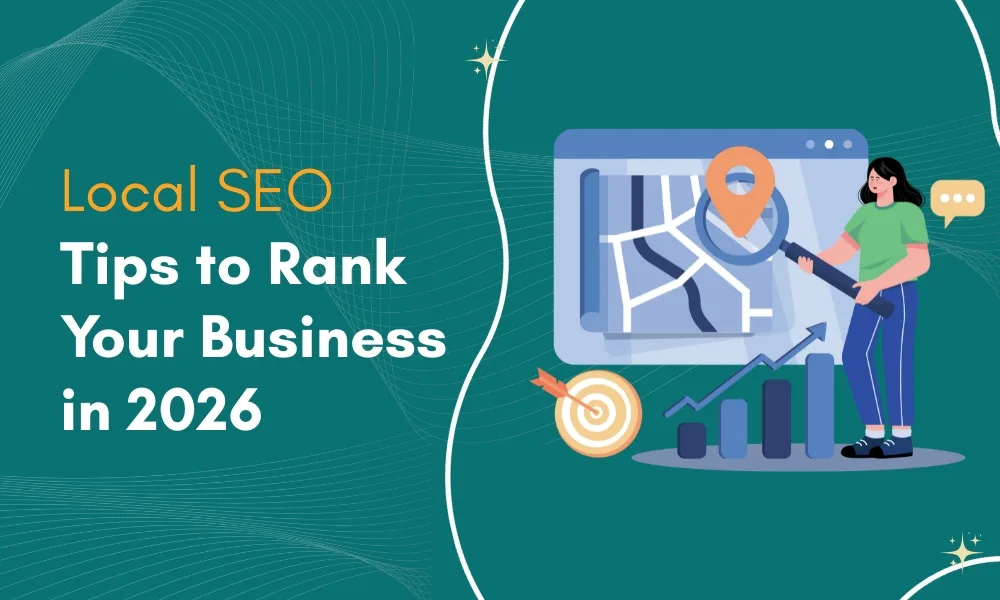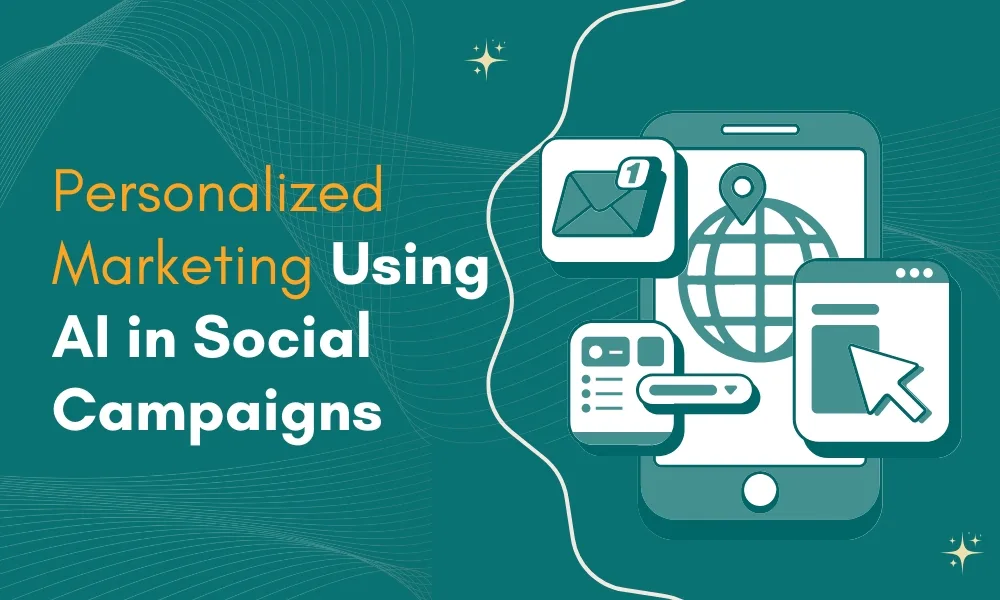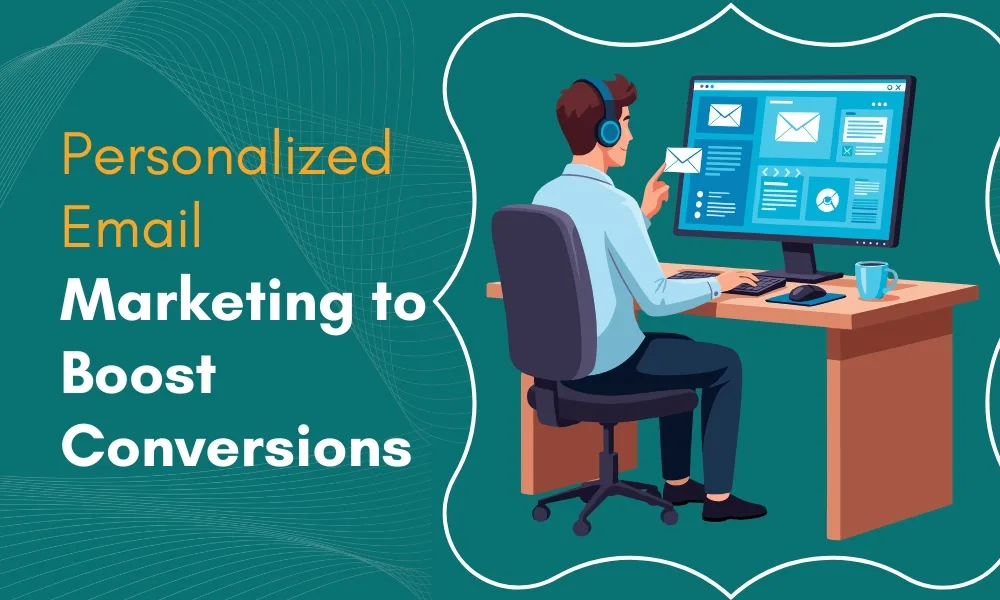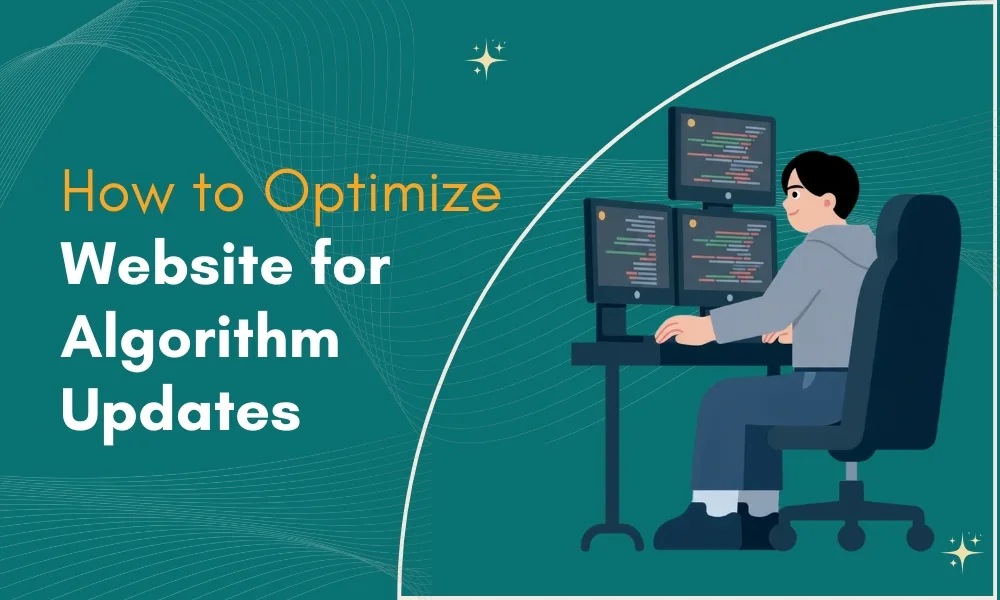In today’s fast-paced digital world, businesses must stay ahead of the curve by adopting effective digital marketing strategies. With countless options available, it can be challenging to determine which strategies will yield the best results for your brand. The key lies in understanding the strategies that align with your goals and offer measurable success. In this article, we’ll explore proven digital marketing strategies and how Digiello Marketing, a top digital marketing agency in Delhi, evaluates and implements them for maximum impact.
Why Digital Marketing Matters
Digital marketing is essential for businesses of all sizes. Whether you’re a small local business or a large global brand, having a robust online presence is critical to success. By utilizing digital marketing, brands can:
- Increase Visibility: Effective strategies ensure that your brand is seen by the right audience.
- Enhance Engagement: Digital platforms allow for real-time interaction with your customers.
- Drive Conversions: Well-targeted campaigns can convert leads into loyal customers.
Let’s take a closer look at digital marketing strategies that actually work and how to evaluate their effectiveness.
👉 How to Choose the Best Digital Marketing Agency
Strategy 1: SEO – Unlocking the Power of Organic Traffic
Search Engine Optimization (SEO) is one of the most fundamental and effective digital marketing strategies. It involves optimizing your website to rank higher on search engine results pages (SERPs). At Digiello Marketing, as a leading SEO company in Delhi, we focus on creating content that not only resonates with your audience but is also optimized for search engines.
How to Evaluate SEO Success:
- Keyword Rankings: Track how your website ranks for relevant keywords.
- Organic Traffic: Monitor the increase in organic traffic to your site.
- Bounce Rate and Engagement: Low bounce rates and high engagement levels indicate successful SEO.
With consistent SEO efforts, your website can rank higher, gain more visibility, and drive organic traffic, creating long-term business growth.
Strategy 2: Pay-Per-Click (PPC) Advertising – Instant Traffic, Measurable Results
PPC advertising, particularly Google Ads, can quickly drive traffic to your website. Unlike organic search, which can take time to show results, PPC campaigns offer instant visibility. It’s a cost-effective way to ensure that your brand gets seen by your target audience when they’re searching for products or services like yours.
How to Evaluate PPC Success:
- Click-Through Rate (CTR): Higher CTR indicates that your ads are resonating with your target audience.
- Conversion Rate: Track how many visitors take the desired action (purchase, sign-up, etc.).
- Cost Per Acquisition (CPA): Measure how much it costs to acquire a customer through paid ads.
When managed effectively, PPC campaigns can provide a high return on investment (ROI) and deliver immediate results.
👉 Understanding PPC Advertising in 2025
Strategy 3: Social Media Marketing – Engaging with Your Audience
Social media platforms like Facebook, Instagram, LinkedIn, and Twitter offer businesses the opportunity to connect directly with their audience. Social media marketing allows you to share content, interact with followers, and create a community around your brand. It’s also a powerful tool for driving traffic to your website and boosting brand awareness.
How to Evaluate Social Media Success:
- Engagement Metrics: Track likes, shares, comments, and interactions to measure how well your content resonates.
- Follower Growth: An increase in followers indicates growing brand awareness.
- Conversion from Social Media: Use UTM codes to track how social traffic converts to sales or leads.
Effective social media strategies can build a loyal audience and enhance brand recognition, especially when combined with paid promotions.
👉 Affordable Social Media Marketing Agency for Small Business
👉 Choosing Right Marketing Agencies for Your Business in Delhi
Strategy 4: Content Marketing – Building Authority and Trust
Content marketing is all about providing value to your audience through blogs, videos, infographics, podcasts, and more. The goal is to create valuable, educational, and engaging content that attracts, informs, and nurtures leads. By sharing insightful content, you can position your brand as an authority in your industry and build trust with potential customers.
How to Evaluate Content Marketing Success:
- Traffic and Engagement: Monitor page views, time on page, and interaction rates for your content.
- Lead Generation: Track how many leads are generated through your content.
- Social Shares: The more your content is shared, the more it resonates with your audience.
Quality content not only boosts SEO but also strengthens your relationship with your audience, leading to better conversions.
👉 Content Marketing Goldmine 2025
Strategy 5: Email Marketing – Nurturing Relationships
Email marketing remains one of the most effective channels for nurturing relationships with existing customers and prospects. By sending personalized, relevant content to your email list, you can keep your audience engaged and encourage repeat business.
How to Evaluate Email Marketing Success:
- Open Rate: The percentage of people who open your email.
- Click-Through Rate (CTR): The percentage of recipients who click on links within your email.
- Conversion Rate: How many recipients take action after receiving the email.
When executed correctly, email marketing can result in high engagement and ROI, particularly when combined with segmentation and personalized messaging.
Strategy 6: Reputation Management – Building Trust and Credibility
In the digital world, reputation is everything. Managing your brand’s online reputation through customer reviews, testimonials, and social proof is critical. Reputation management ensures that your brand is perceived positively across the web, influencing potential customers’ decisions.
How to Evaluate Reputation Management Success:
- Review Scores: Monitor reviews across platforms like Google, Yelp, and social media.
- Customer Sentiment: Use sentiment analysis tools to gauge how customers feel about your brand.
- Brand Mentions: Track the frequency and sentiment of mentions across social media and review sites.
A strong online reputation increases customer trust and can improve your conversion rates.
Final Thoughts
To ensure that your digital marketing strategies are working, it’s essential to track key performance indicators (KPIs) and adjust your approach based on data-driven insights. Whether you’re focusing on SEO, PPC, social media, content marketing, email marketing, or reputation management, the key to success lies in consistency, optimization, and evaluation.
At Digiello Marketing, a leading SEO company in Delhi, we specialize in evaluating and executing digital marketing strategies that drive measurable results. Our goal is to help you grow your brand, increase visibility, and foster customer loyalty with the best marketing solutions tailored to your needs.
Frequently Asked Questions:
What metrics should I use to evaluate my SEO performance?
- Organic traffic
- Keyword rankings
- Bounce rate
- Backlinks
- Page load speed
- Time on site
- Conversion rate
What is the ROI of PPC advertising and how do I track it?
- ROI = (Revenue – Cost of Ad) / Cost of Ad
- Track with conversion rates
- Cost per acquisition (CPA)
- Return on ad spend (ROAS)
How do I assess the effectiveness of my digital marketing strategies?
- Track KPIs (traffic, leads, conversions)
- Measure engagement (clicks, shares, comments)
- Monitor ROI
- Evaluate customer retention and satisfaction
How can content marketing help build brand authority?
- Provides valuable information
- Enhances SEO
- Builds trust with audience
- Positions brand as an industry leader
- Drives customer engagement and loyalty
What are the key performance indicators (KPIs) for digital marketing?
- Website traffic
- Conversion rate
- Bounce rate
- Customer lifetime value (CLV)
- Return on investment (ROI)
- Engagement metrics (likes, shares, comments)

